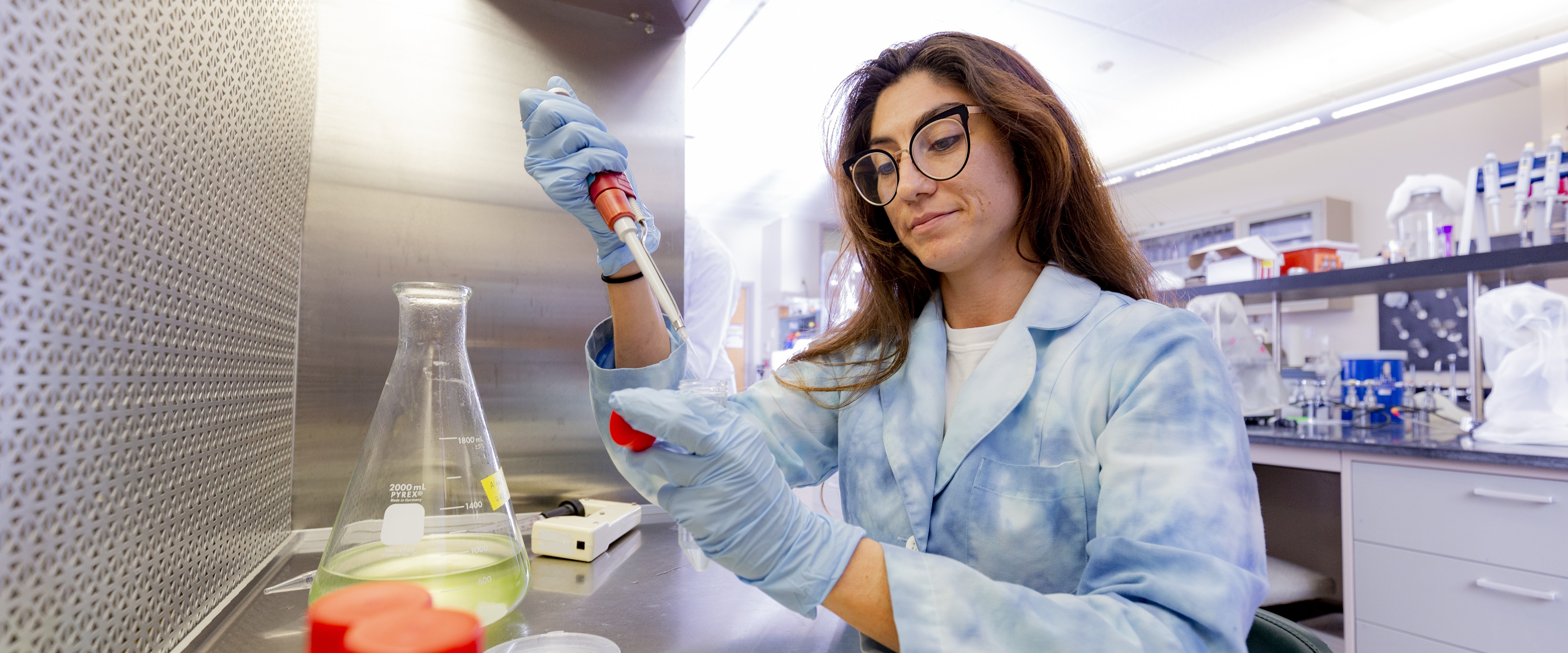
Biomedical Engineering and Sciences Faculty Publications
Document Type
Article
Publication Title
Journal of Bacteriology
Abstract
The potential role of mioC transcription as a negative regulator of initiation of chromosome replication in Escherichia coli was evaluated. When initiation was aligned by a shift of dnaC2(Ts) mutants to nonpermissive temperature (40°C), mioC transcript levels measured at the 5' end or reading through oriC disappeared within one mass doubling. Upon return to permissive temperature (30°C), the transcripts reappeared coordinately about 15 min after the first synchronized initiation and then declined sharply again 10 min later, just before the second initiation. Although these observations were consistent with the idea that mioC transcription might have to be terminated prior to initiation, it was found that the interval between initiations at permissive temperature, i.e., the eclipse period, was not influenced by the time required to shut down mioC transcription, since the eclipse was the same for chromosomes and minichromosomes which lacked mioC transcription. This finding did not, in itself, rule out the possibility that mioC transcription must he terminated prior to initiation of replication, since it might normally he shut off before initiation, and never be limiting, even during the eclipse. Therefore, experiments were performed to determine whether the continued presence of mioC transcription during the process of initiation altered the timing of initiation. It was found that minichromosomes possessing a deletion in the DnaA box upstream of the promoter transcribed mioC continuously and replicated with the same timing as those that either shut down expression prior to initiation or lacked expression entirely. It was further shown that mioC transcription was present throughout the induction of initiation by addition of chloramphenicol to a dnaA5(Ts) mutant growing at a semipermissive temperature. Thus, transcription through oriC emanating from the mioC gene promoter is normally inhibited prior to initiation of replication by the binding of DnaA protein, but replication can initiate with the proper timing even when transcription is not shut down; i.e., mioC does not serve as a negative regulator of initiation. It is proposed, however, that the reappearance and subsequent disappearance of mioC transcription during a 10-min interval at the end of the eclipse serves as an index of the minimum time required for the establishment of active protein-DNA complexes at the DnaA boxes in the fully methylated origin region of the chromosome. On this basis, the eclipse constitutes the time for methylation of the newly formed DNA strands (15 to 20 min at 30°C) followed by the time for DnaA protein to bind and activate oriC for replication (10 min).
First Page
3201
Last Page
3206
DOI
10.1128/jb.178.11.3201-320
Publication Date
4-1996
Recommended Citation
Bogan, J. A., & Helmstetter, C. E. (1996). mioC transcription, initiation of replication, and the eclipse in escherichia coli. Journal of Bacteriology, 178(11), 3201-3206.

